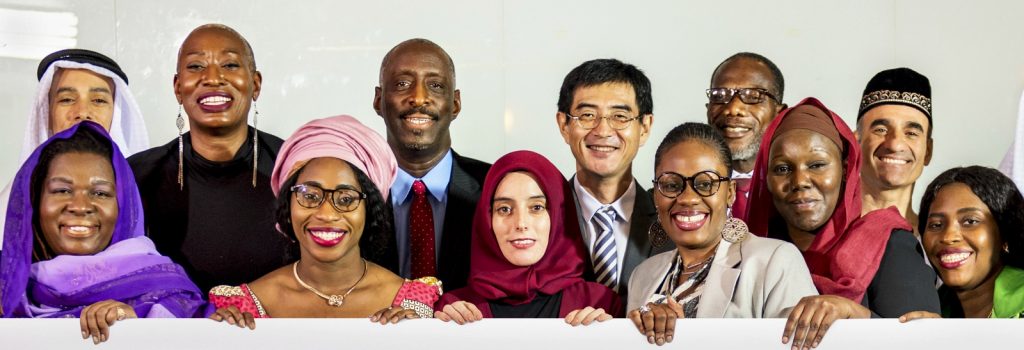While living overseas, expat partners will have an opportunity to develop what is considered to be one of the most important skills for the globe’s future workforce.
Diversity begets creativity
Cross-cultural competency has been named among the 10 most important skills for the globe’s future workforce. Why? Increasingly, organisations have to collaborate and work with people and institutional partners from all over the world. That’s a good thing for innovation. Diversity of thought has long been known to increase creativity – ergo diversity in the workplace can boost the number of ideas generated to solve a single problem.
Productive conflict
However, managing diverse teams isn’t always a straightforward matter. Diverse individuals with dissimilar working methods, behaviours and philosophies can also experience higher levels of conflict when trying to work together. Not that all ‘conflict’ is bad. In fact, productive conflict can help forge a dynamic synergy that may lead to the creation of novel and effective solutions. But if team members can’t achieve a mutual understanding then they would be less likely to hit upon fresh, innovative ideas. That’s why in this fluid and multicultural world, having personnel with developed levels of cross-cultural competency is the key to ensuring diverse teams gel.
All walks of life
We should stress that cross-cultural competency isn’t just something that enables the corporate sector to prosper in a globalised world. The ability to work with others from different cultures can be hugely helpful for people from all walks of life: academics, artists, entrepreneurs, educators, journalists, musicians, consultants, footballers, volunteers, and many, many other vocations. Even as individuals living in multicultural cities, or as parents of kids who attend multicultural schools, we can more effectively interact with others and live more rewarding lives with enhanced levels of cross-cultural competency.
Constant minor adjustments
The great thing, for expats, is they may have been developing this skill without even being aware of it. Since the first day of their assignment, they’ll have been observing, absorbing and processing (consciously and subconsciously) all manner of behaviours and human activities swirling around them and making constant minor adjustments in order to interact harmoniously. So expat partners should embrace these overseas experiences where they meet people from all over the world. Even by learning how to make small talk with someone from another culture, they’re honing a much-needed skill for tomorrow’s world.





